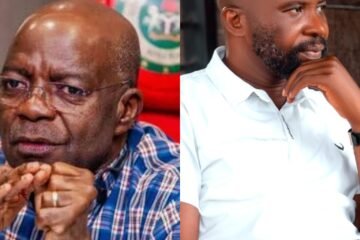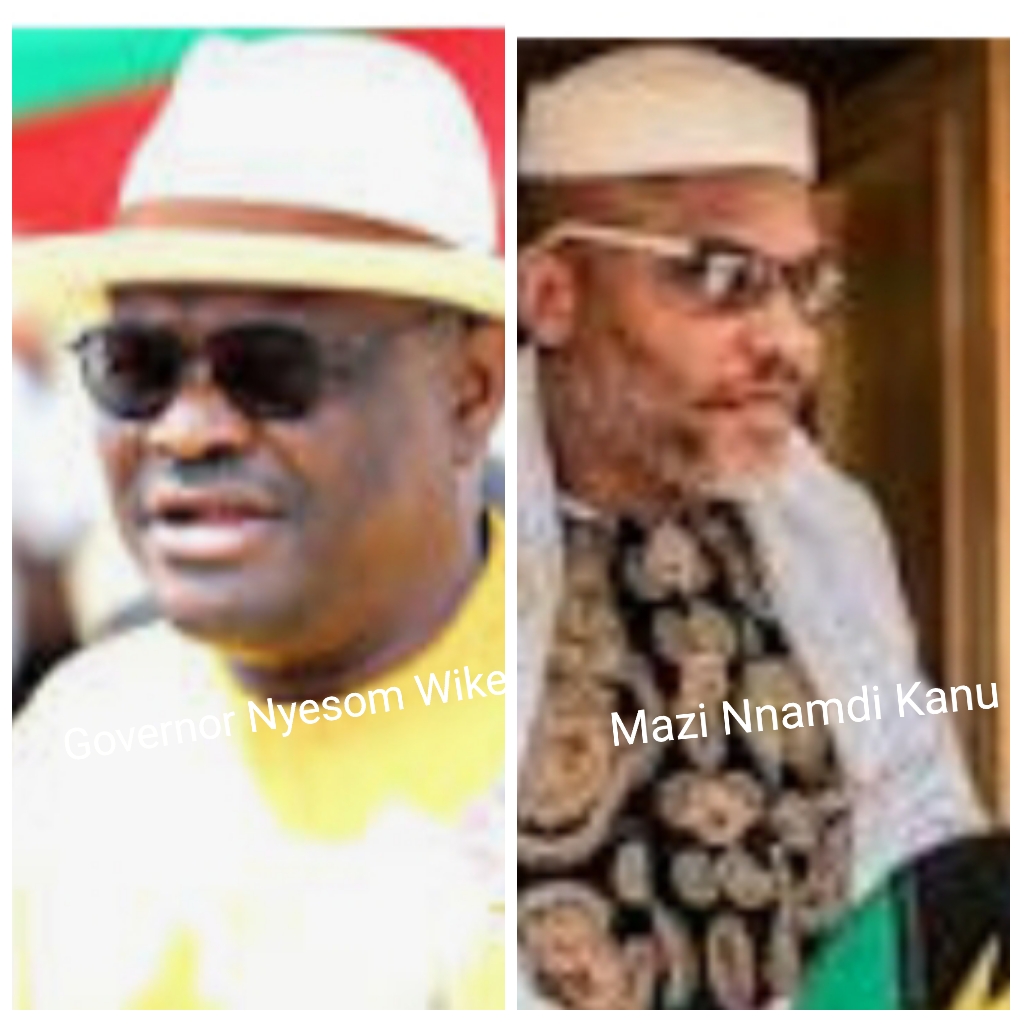MRA Challenges ThisDay Newspaper’s View that Court’s Order to Investigate Killing of Dele Giwa, other Journalists is ‘Vacuous’
Mr. Idowu Adewale, MRA’s, Communications Officer
Media Rights Agenda (MRA) has refuted a ThisDay newspaper’s article describing as “vacuous” the February 16, 2024 judgment by Justice Inyang Ekwo of the Federal High Court in Abuja directing the Federal Government to investigate attacks against journalists, including the 1986 gruesome murder of the renowned journalist, Mr. Dele Giwa, as well as prosecute and punish the perpetrators of such attacks.
In an unsigned article published on Sunday, February 25, 2024, titled “A Vacuous Judgment on Dele Giwa”, ThisDay newspaper said the court’s decision, in effect ordering a re-opening of investigations into the murder of Dele Giwa more than 37 years after the incident, including the order that the perpetrators be brought to justice, “does not really excite many people who knew how muddled up this matter had been.”
The court’s judgment arose from a suit instituted by MRA against the Attorney-General of the Federation in which the organization complained about the violation of the fundamental rights to life and freedom of expression of Nigerian journalists and media practitioners who were murdered at various times over the last few decades in the line of duty or under circumstances relating to the discharge of their duties as journalists and the failure of the Federal Government to protect them, carry out effective investigation, prosecute and punish the perpetrators of the murders.
In a rejoinder to the ThisDay newspaper article, MRA’s Communication Officer, Mr. Idowu Adewale, disagreed with the newspaper’s conclusion and description of the judgment as vacuous, especially in the light of its admission in the article that “liability for crime has no time lag or statute bar”, saying MRA felt compelled to respond in order to offer a different perspective.
Noting that the newspaper “took an overly narrow view of the matter”, Mr. Adewale said: “For purposes of accuracy and completeness, it is important to note that the February 16, 2024 judgment by Honourable Justice Ekwo was not about Dele Giwa alone. There were seven named journalists who have been killed in the last few decades and whose killings remain unresolved, that were referenced in the suit and in the judgment of the court. However, the judgment of the court applies to all journalists and other media practitioners killed over the years as well as journalists and other media practitioners who have been victims of other forms of attacks.”
He argued that the effect of this is that even if the newspaper anticipates some difficulty in conducting a conclusive or successful investigation into one or more of these killings, it would not render the judgment vacuous as it offers the possibility of a successful investigation into many other cases that have remained uninvestigated, including some very recent killings.
Mr. Adewale said further: “But more importantly, there is absolutely nothing vacuous about a judgment of a court that reaffirms the principle, established under regional and international instruments, that there should be no impunity for crimes against journalists and other media practitioners; and that validates the responsibility which States bear to properly investigate crimes against journalists and other media practitioners and ensure that the perpetrators are prosecuted and punished in accordance with the Law. There is nothing vacuous about a judgment which seeks to compel the Government of Nigeria to perform this statutory and constitutional duty, which also constitutes an international treaty obligation.”
According to him, the court’s judgment would also be of benefit to all journalists and other media practitioners who have been victims of attacks in the past as well as to those who may similarly be attacked in the future.
Accusing the newspaper of completely missing this “very important point”, Mr. Adewale said: “The court’s decision reflects a commitment to upholding the rule of law and ensuring that those responsible for crimes against journalists and other media practitioners, including such gruesome acts as occurred in Dele Giwa’s case, are held accountable, regardless of the time that has passed.”
He stressed that such a judicial commitment ought to be applauded, encouraged and nurtured, no matter how late in coming it may have been.
Mr. Adewale acknowledged that the Nigerian legal system faces challenges while skepticisms exist about the effectiveness of investigations, especially considering the historical context of Dele Giwa’s case.
But he argued that “justice delayed should not be justice denied” and that the reopening of the investigation into Dele Giwa’s case specifically as well as other cases that may have gone cold, provides an opportunity to re-examine these cases with a new approach, utilising advancements in forensic technology and investigative techniques that may not have been available in the past.
Pointing out that the newspaper’s article also questioned the existence and reliability of police files and raised doubts about the feasibility of a successful investigation, Mr. Adewale said despite such historical challenges, improvements in record-keeping practices and technological advancements could facilitate a more thorough and comprehensive inquiry this time around and that the “fear of challenges should not be a reason not to try.”
He described the court’s decision as “an independent initiative”, saying “any failures in the past should not serve as a deterrent to the pursuit of truth and justice today.”
Mr. Adewale expressed MRA’s firm belief that the reopening of the investigation into Dele Giwa’s murder is a positive development that reflects the judiciary’s commitment to ensuring that justice prevails, regardless of the challenges faced and described it as “an opportunity to demonstrate that our system of justice can evolve and adapt to address unresolved cases, providing hope to victims’ families and fostering public confidence in the pursuit of justice.”
He said: “We are excited about the judgment and committed to ensuring that it is complied with by the relevant authorities.”





